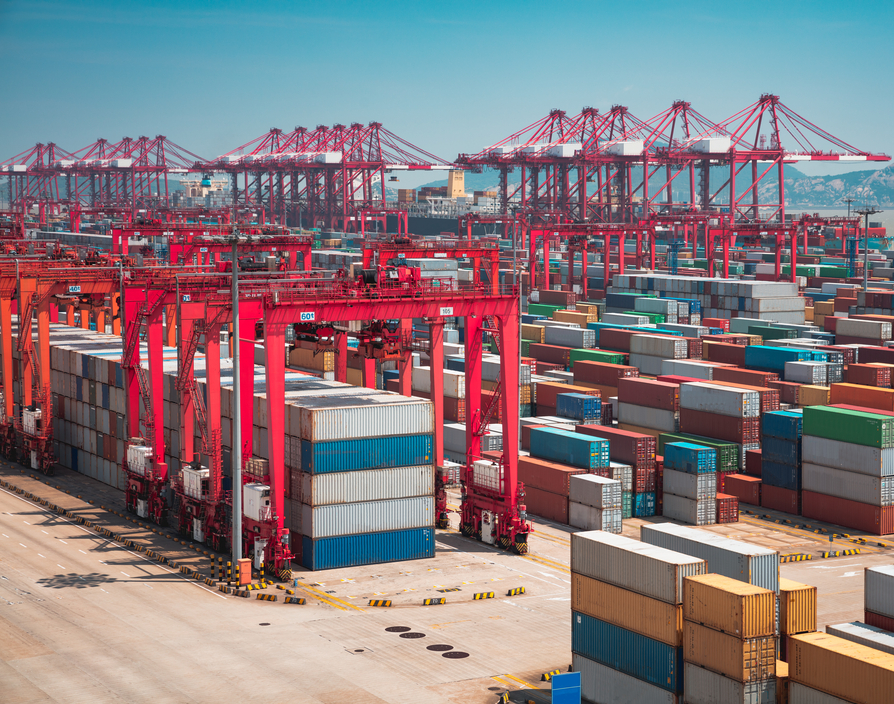Globalisation has pushed the world of e-commerce away from the western world, with 84% of online sales now coming from outside the US and Europe. The tariffs, borders and duties that Brexit will enforce across the EU will make trading more challenging and less profitable for UK-based retailers, which is why it’s important businesses differentiate their revenue streams and start to build an action plan to expand into booming, emerging marketplaces.
Fortunately for retailers, there’s a practical way to mitigate the risk of Brexit and accelerate international e-commerce growth.
Firstly, deploy technology enabling seamless multi-channel dispatch. It’s no coincidence the fastest growing e-commerce businesses are those with a clearly defined multi-channel approach that’s fit for purpose. However, if SMEs are unable to bring all of this into one system they’ll suffer a lot of extra time, cost and complexity for their operations shipping and dispatching across multiple channels. There are several factors that need to be streamlined – labelling and dispatching across multiple marketplaces and carriers. This is where the importance of technology comes into play, as it enables organisations to expand their services efficiently, rather than being inhibitive. If the technology is deployed properly, it should integrate with existing systems and offer flexible delivery options.
Secondly, give customers lots of delivery options for maximum choice and convenience. People know what good customer experience looks like and when it comes to making an online purchase they expect and demand maximum convenience and choice. If the reality doesn’t meet their expectations, they can easily take their custom elsewhere.
It’s no surprise this expectation applies equally to not only how they want to purchase but also how they want their parcels delivered. Research from Statista, the online statistics portal, shows 16% of cart abandonment takes place because the delivery options are unsuitable. And with cart abandonment rates estimated to be costing UK retailers close to £18bn per annum, it’s clear that giving customers the widest possible choice of delivery options at the point of online checkout can have a major impact on a company’s bottom line. Delivery options must also be backed up with ongoing communication so the customer knows exactly where their parcel is at any given time.
Thirdly, adopt an enterprise-wide carrier management approach. Delivery is such a vital component of how a retailer operates because it touches on multiple areas across a business – finance, IT, warehouse and customer care are but a few. Having an integrated set of enterprise carrier management tools in place across those areas will give greater control and efficiency across delivery operations. This means retailers can more easily and efficiently scale their business across different channels and continents.
Finally, choose the right delivery partner to exploit global growth. Most retailers don’t require convincing to enter new markets but they’ll need expert help to guide them through the duties, customs issues, taxes and most importantly selecting the array of delivery options that are culturally and practically right for that market.
By outsourcing to a global carrier expert, not only do companies benefit from their advice and expertise but it takes the burden of managing delivery away and puts it on someone else, allowing companies to concentrate on selling into more channels and markets. This enables retailers to be single-minded in their pursuit of profit. ![]()
Share via:


















































